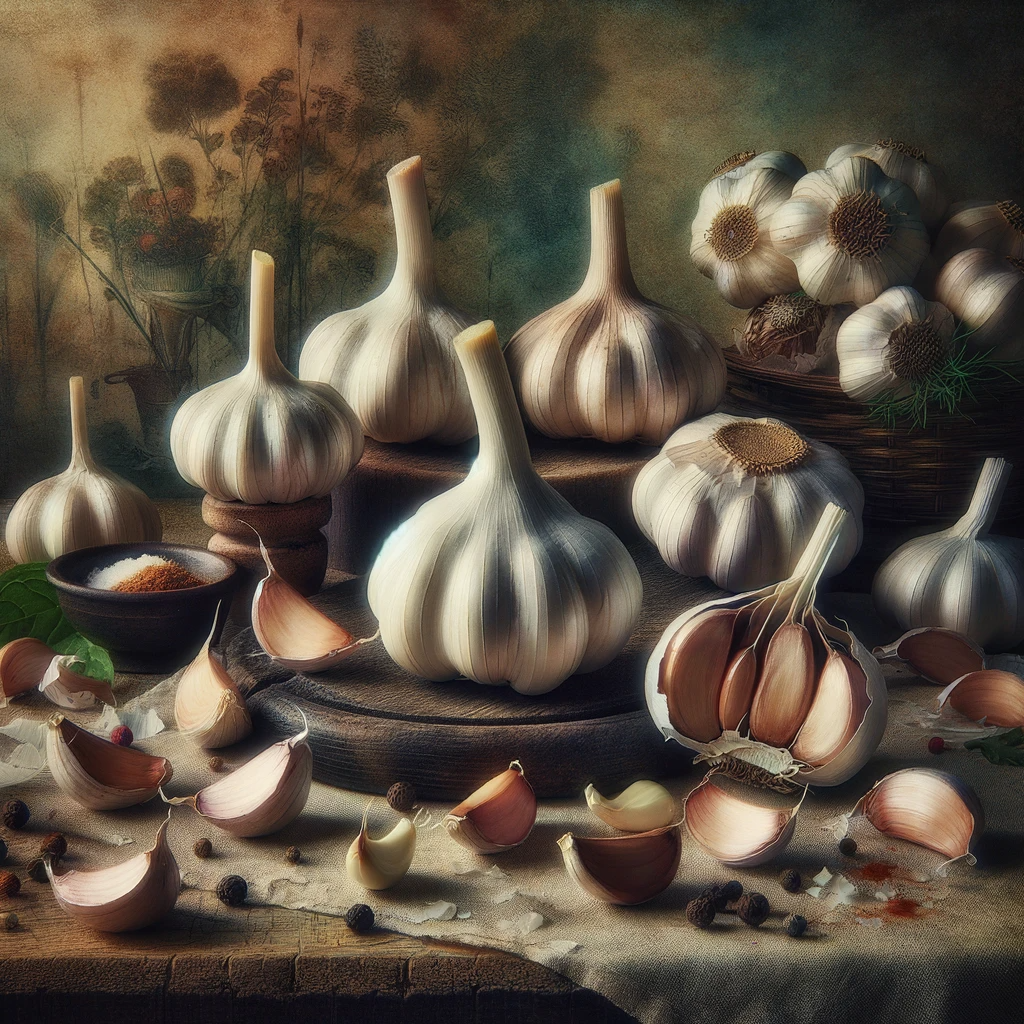Introduction: In the world of culinary delights, garlic and onion stand as indispensable ingredients, adding depth and flavor to a wide array of dishes. These two kitchen staples often find themselves head-to-head in the battle for supremacy when it comes to enhancing the taste of our favorite meals. In this article, we will explore the differences and similarities between garlic and onion and discover why both are essential components of any well-stocked kitchen.
1. Flavor Profile: Both garlic and onion are renowned for their distinct and potent flavors. Garlic offers a pungent, savory taste with a hint of sweetness, while onion delivers a milder, sweet, and slightly tangy flavor. The choice between the two often depends on the desired intensity of taste in a recipe.
2. Culinary Uses:
- Garlic: Garlic is commonly used in various cuisines to add a bold and robust flavor. It is often minced, sliced, or crushed to release its aromatic compounds. Garlic is a key ingredient in pasta sauces, stir-fries, and roasted dishes.
- Onion: Onions are versatile and serve as a flavorful base for many dishes. They can be caramelized for sweetness or used raw in salads, sandwiches, and salsas. Onions also work as a flavor enhancer in soups and stews.
3. Nutritional Value: Both garlic and onion offer health benefits due to their nutritional content:
- Garlic: Known for its potential to boost the immune system and reduce the risk of heart disease, garlic contains vitamins, minerals, and antioxidants. It is also believed to have anti-inflammatory properties.
- Onion: Onions are a good source of vitamins C and B6, as well as dietary fiber. They too have antioxidant properties and may support overall health.
4. Aroma and Breath: One significant difference between garlic and onion is their impact on breath. While both ingredients can leave a lasting aroma, garlic is notorious for causing stronger and longer-lasting breath odor compared to onion. Managing this aspect is crucial when choosing between the two.
5. Storage and Shelf Life: Garlic and onions have varying storage requirements:
- Garlic: Keep garlic bulbs in a cool, dry place with good ventilation. It can last for several months if stored properly.
- Onion: Onions should be stored in a cool, dry place, but they have a shorter shelf life than garlic, typically lasting for a few weeks to a few months.
6. Cultural Significance: Both garlic and onion hold cultural significance in different parts of the world. Garlic is prominent in Mediterranean and Asian cuisines, while onion is used extensively in Indian, Mexican, and American cooking.
7. Culinary Pairings:
- Garlic: Often paired with olive oil, tomatoes, and herbs like basil and oregano, garlic shines in Italian and Mediterranean dishes.
- Onion: Onions complement meats, poultry, and vegetables. They are often used alongside bell peppers and chili in Tex-Mex cuisine.
Conclusion: In the battle of Garlic vs. Onion, there is no clear winner, as both ingredients bring their unique qualities to the kitchen. The choice between them ultimately depends on the specific flavor profile you wish to achieve in your culinary masterpiece. Whether it’s the robust punch of garlic or the subtle sweetness of onion, these kitchen essentials are here to stay, enriching our meals and satisfying our taste buds. So, why not embrace both and let them work their magic in your favorite recipes?
